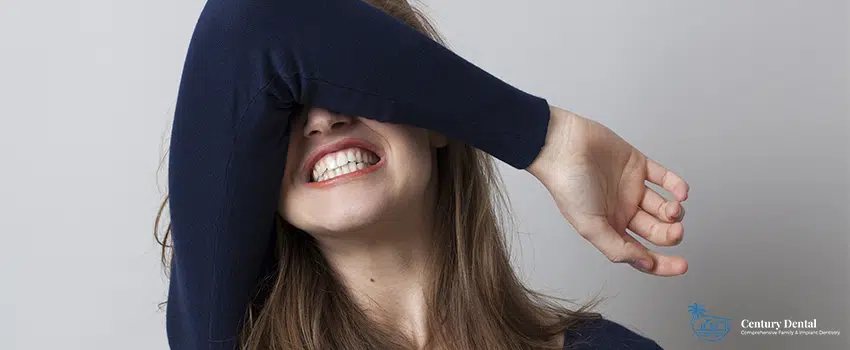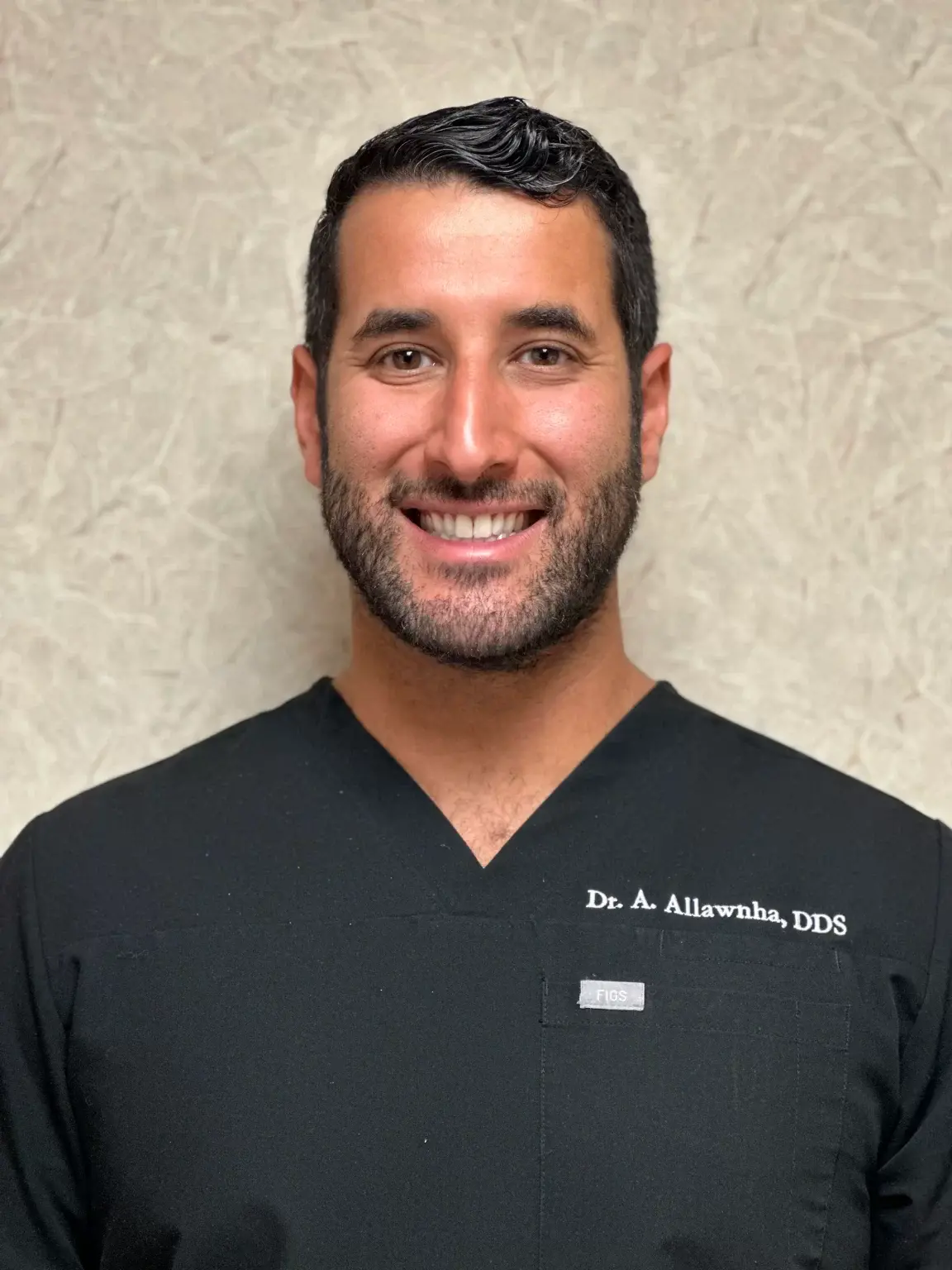Stress and teeth grinding are associated with each other.
It has been more than a year since the COVID-19 virus put the world to a stop. Researchers and experts are now learning more about the indirect effects the global pandemic has had on people.
Is it possible that pandemic stress is causing people to deal with more dental problems such as teeth grinding? Whether you’re just curious or concerned about your dental health, we’ve gathered the information you need to know.
Pandemic Stress and Teeth Grinding
The rise in the number of people dealing with teeth grinding and jaw clenching during the COVID-19 pandemic isn’t just a coincidence, according to an October 2020 study published in the Journal of Clinical Medicine. This problem has been observed in two countries — Poland and Israel.
The researchers observed in 1,800 participants that daytime jaw clenching increased from 17% to 32% during the global pandemic. They also found that the number of people experiencing teeth grinding in the evening increased from 10% to 36%.
Sherwin Arman, a Doctor of Dental Medicine (DMD) from the University of California, said that the same problem might be happening here in the United States. The stress brought about by health and financial concerns, whether for oneself or others, may cause people to experience grinding and clenching.
What Causes Teeth Grinding
If you’re wondering what causes teeth grinding, you need to know that it varies from person to person.
Some common triggers of teeth grinding are anxiety, frustration, anger, and tension. For some people, it might be a habit or coping strategy during deep concentration. Teeth grinding while sleeping, on the other hand, might be due to chewing activities linked with arousals. There are also cases where other dental conditions like overcrowding and misaligned teeth have caused grinding.
Symptoms of Teeth Grinding
According to Leena Palomo, a Doctor of Dental Surgery from the Case Western Reserve University, people who are stressed and challenged at balancing their emotions are at risk of grinding.
Although stress and teeth grinding are related, it’s still good to know these other signs to look out for:
- Orofacial Pain
- Broken or Worn-down Teeth
- Headaches
- Disruptive Sleep
- Earaches
- Jaw Pain and Stiffness
Risk Factors for Teeth Grinding
Aside from stress, other risk factors for teeth grinding include:
- Age – Although teens and adults also deal with grinding, it’s more likely to occur in children ages one to five. They usually grow out of it upon reaching six years old.
- Personality – Those with competitive, aggressive, and hyperactive personalities are at a higher risk of grinding their teeth. It may be because they express their psychological distress through physical actions.
- Medications – People under psychiatric medications such as antidepressants may experience grinding as a side effect.
- Lifestyle – Those who smoke tobacco, use recreational substances, and drink alcoholic or caffeinated drinks are also at a higher risk.
- Family History – Grinding tends to run in families. Those with family members dealing with grinding are more likely to experience the same thing.
- Other Disorders – Mental disorders, such as dementia, epilepsy, and Parkinson’s disease are associated with grinding. Sleep apnea and ADHD also increase a person’s risk of grinding.
Complications of Teeth Grinding
Grinding doesn’t cause serious complications, but severe cases may lead to:
- Tooth or Dental Restoration Damage
- Tension Headaches
- Severe Jaw and Facial Pain
- Temporomandibular Joint Disorders
Treatment for Teeth Grinding
A variety of treatments for teeth grinding are available these days. Based on the symptoms you experience or the cause of grinding, dentists or physicians may recommend the following:
1. Medication
Medical experts recommend muscle relaxers to relax the jaw to prevent grinding. If you’re currently taking antidepressants that cause grinding, your doctor may change your prescription to one that doesn’t cause side effects.
2. Procedures
There are different procedures that help stop grinding. Some of the most viable ones include:
- Reductive Coronoplasty – If your condition is due to crowded, crooked, or misaligned teeth, dentists may recommend reductive coronoplasty, which involves the reshaping or leveling of the biting surfaces of the teeth. In some cases, dentists may need to perform a second procedure that builds up the teeth called additive coronoplasty.
- Botox – More studies are needed to prove how effective injecting botulinum toxin is for grinding. However, some observations show a reduced frequency of grinding and pain with its use.
3. Behavioral Strategies
Depending on the causes and triggers, psychologists perform different behavioral strategies to address grinding, such as biofeedback, which helps make people aware of their behavior and learn how to eliminate it. During the treatment, psychologists monitor muscle tension and teach you techniques to control jaw muscle movements. However, there are limited studies about the effectiveness of biofeedback, and one review published in the Journal of Oral Rehabilitation suggests that it only offers short-term benefits.
4. Oral Devices
Dentists also recommend oral devices, such as mouthguards, to prevent teeth damage. Using oral devices might not stop teeth grinding stress, but they play a vital role in protecting teeth from severe damage.
5. Destressing Techniques
To address both stress and teeth grinding, experts recommend destressing techniques, including:
- Yoga
- Meditation
- Exercises (including tongue and jaw exercises)
- Talk Therapy
Call Century Dental Today
If you’re dealing with teeth grinding stress, Century Dental is here to help you!
Our dentists in Treasure Island, FL, will assess your condition to pinpoint the causes and triggers of grinding. Depending on the diagnostics, we’ll determine the best treatment option for you. Contact us for inquiries about our services.





